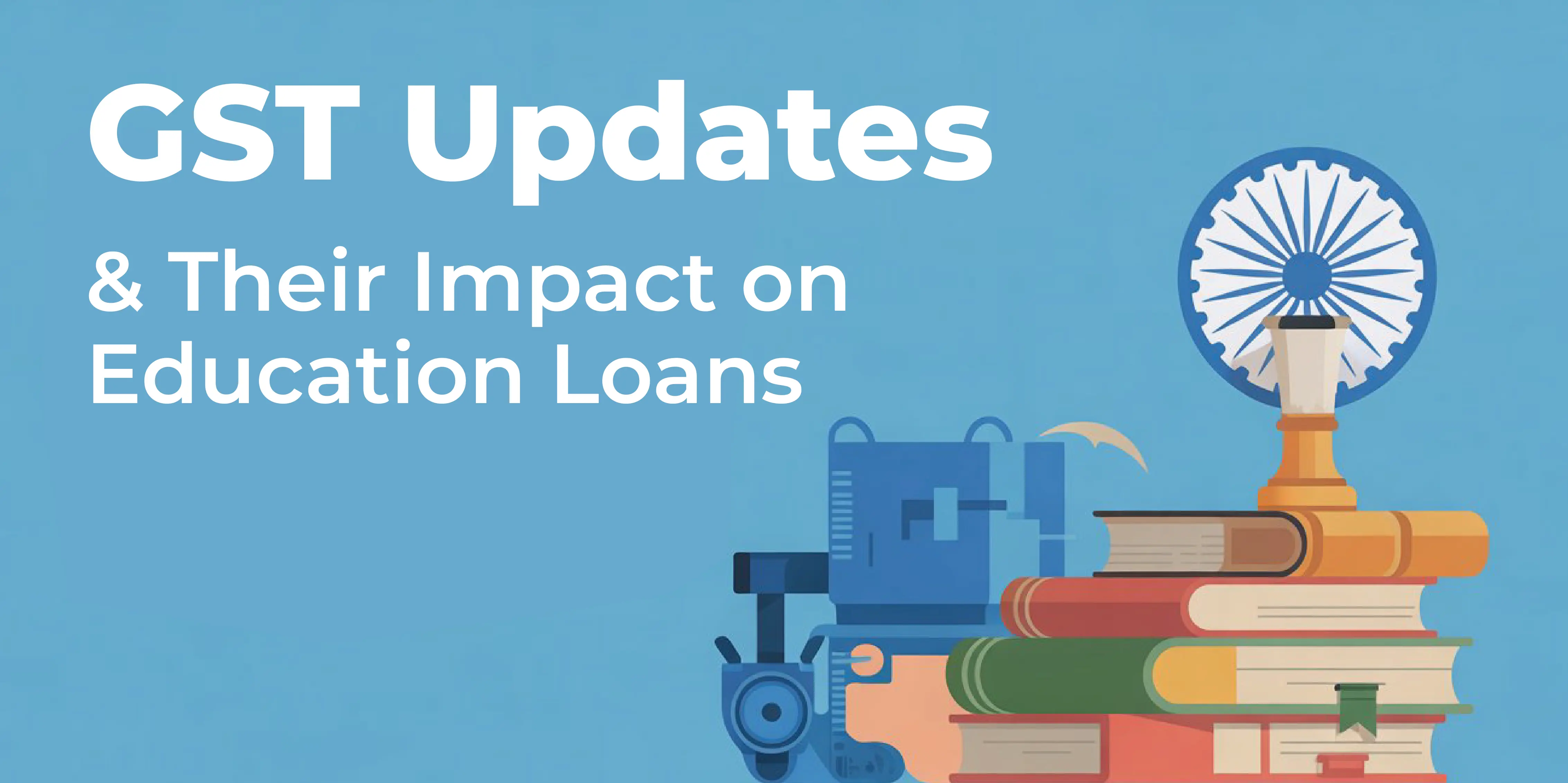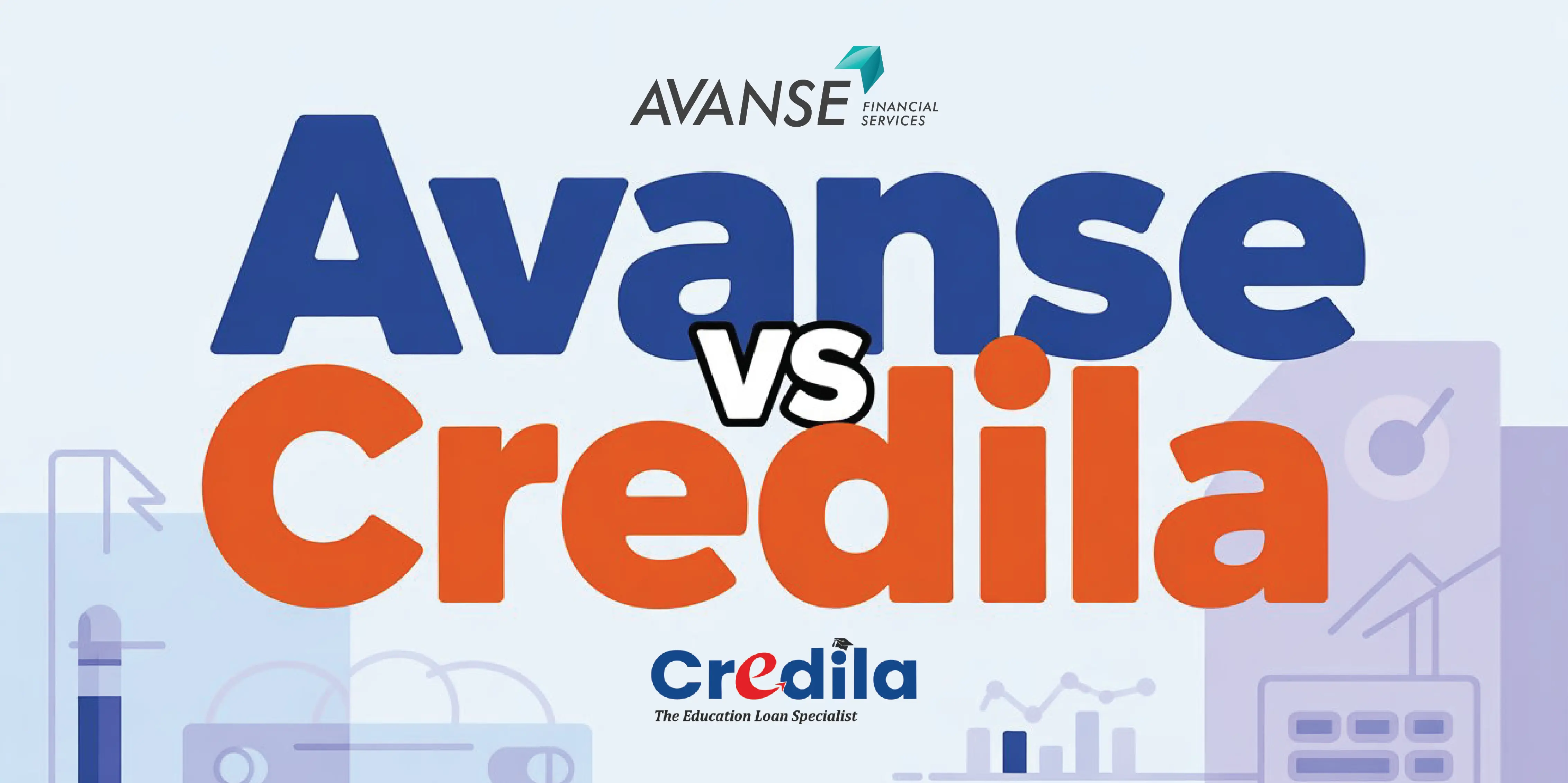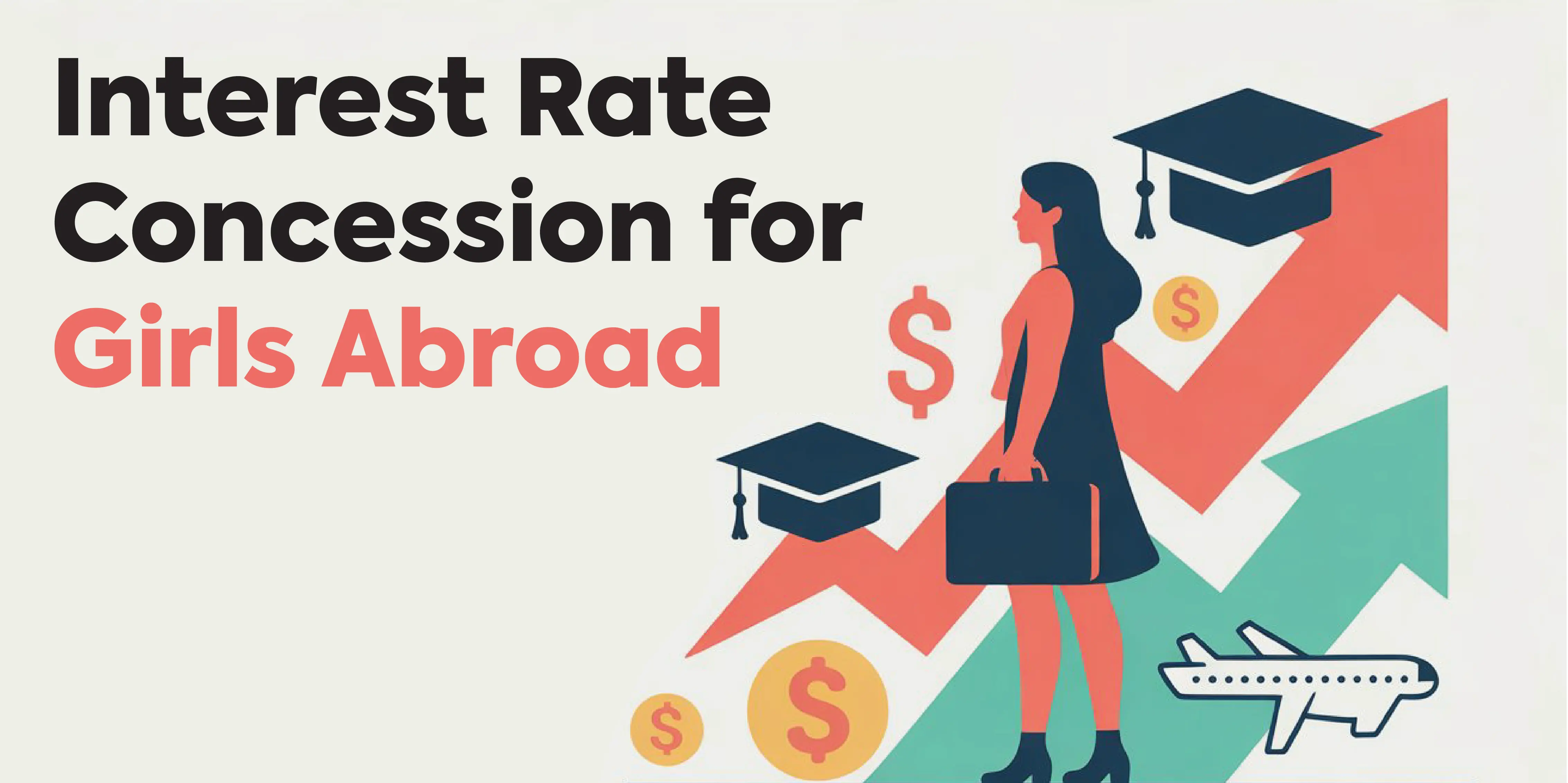https://www.wemakescholars.com/blog/the-recent-gst-updates-impact-on-education-loans
2025 GST Impact on Education Loans
Abroad Education Loan | Updated on ()

Since its introduction, the GST (Goods and Services Tax) landscape in India has been steadily evolving. While many may think that these tax reforms are limited to everyday goods and services. But the twist is that education loans, which are a crucial financial tool for students, are also affected.
The 56th GST council meeting has recently introduced GST Reforms 2.0, which brought major tax benefits for students. In this blog, we will discuss the changes and their impact on GST for education loans. Read further to learn more…
Key Takeaways
-
The GST Council, in its 56th meeting, has brought in major reforms
-
School and college products such as stationery, maps, books, etc, are exempt from tax
-
No significant impact on education loans
Which Part of Education Loans Are Affected by GST?
Students need to understand generally which parts of education loans are affected by GST. Below is the list of parts of the education loans that are subject to GST.
-
Principal Amount
-
Processing Fee
GST Reforms' Impact on the Education Loan Components
"Let us now examine whether the recent updates have brought any significant GST impact on education loans."
|
Education Loan Component |
GST Impact - Before/After |
|
Principal Amount |
No change - No GST |
|
Interests |
No change - No GST |
|
Processing Fee |
No change - Remains the same (as previously charged-18%of processing fee) |
Therefore, GST does not apply to the principal loan amount and the interest. However, the processing fee includes a clearly defined GST, and the percentage variation remains the same, at 18%.
Example:
- Let us now consider a student taking a loan of 20 lakhs from a financial institution. Public banks usually charge a processing fee of INR 10,000, plus 18% GST.
i.e., 18% of 10,000 is 1800, making the total processing fee 11800.
For private banks, the processing fee is higher compared to public banks.
- Suppose, for the loan amount of 20 lakhs, private lenders charge up to 1.25% of the loan amount as a processing fee, which makes it 25,000. Plus 18% GST.
= 25,000+4500
=29,500
Therefore, the processing fee for a 20 lakh loan amount is 29,500.
Read: What are Processing Fees in Education Loans?
Revised GST Impact on Section 80 E Tax Deduction
Section 80 E of the Income Tax provides a tax deduction for the interest paid on loans taken for higher education. This tax deduction is only for the interest paid, but not on the principal loan amount. This can be claimed for a period of 8 years, whether the loan amount is taken out for yourself, your spouse, or your children.
GST Impact:
-
Interest: Eligible for tax deduction under section 80 E
-
Principal: Not eligible for tax exemption
The revised GST impact on education loans is minimal. GST has not affected section 80 E tax deductions. They remain the same. Therefore, the recent GST updates have no significant impact on education loans. The existing charges continue.
But how are the Recent GST Reforms going to Benefit Students?
As a part of the reforms, a wide range of school and college items, which were previously taxed at 12% have come down to 0%. The GST council has approved tax exemption for several education-related stationery items. The list is given below.
|
Item Description |
Previous GST |
New GST |
|
Notebooks, Lab books, Graph books, etc.. |
12% |
0% |
|
Maps |
12% |
0% |
|
Stationery |
12% |
0% |
- In a nutshell, the recent GST updates under GST 2.0 brought significant relief in the education sector. However, these benefits are focused on the school level and institutional education. The revised rates would be enforced with effect from September 22, 2025.
-
For students planning to study abroad, there are no direct GST benefits on education loans or other related services.
How WeMakeScholars Helps Students with Education Loans
When it comes to funding abroad education, choosing the right education loan is as important as understanding the GST. WeMakeScholars, an initiative supported by the Ministry of IT, Government of India. This initiative helps students find and secure the best education loan options from multiple banks and NBFCs — all in one place.
Through WeMakeScholars, students can
-
Compare loan options with multiple lenders and opt for the best
-
Get the best possible interest rates and low processing fee charges
-
Personalised end-to-end assistance from the beginning of the loan application to post-sanction support. We provide all information and share it transparently with students.
-
Moreover, all our services are free of cost.
How to apply Via WeMakeScholars
-
Step 1: Visit the WeMakeScholars website and request a callback.
-
Step 2: Within 1-2 days, you will receive a call from our financial officer assigned to you.
-
Step 3: The financial officer, based on the details you provide, will analyze your profile. Later suggests with the loan type, documents required, etc.
-
Step 4: A secure documents upload link will be shared with you to upload the necessary documents.
-
Step 5: From here onwards, your financial officer takes charge and keeps you updated on the status of the loan. Thus, ensuring a smooth and hassle-free education loan process.
Conclusion
The 56th GST council meeting has recently introduced GST Reforms 2.0, which brought major tax benefits for students. However, these benefits are focused on the school level and institutional education. For students planning to study abroad, there are no direct GST benefits on education loans or other related services.





Kindly login to comment and ask your questions about Scholarships & Education Loans